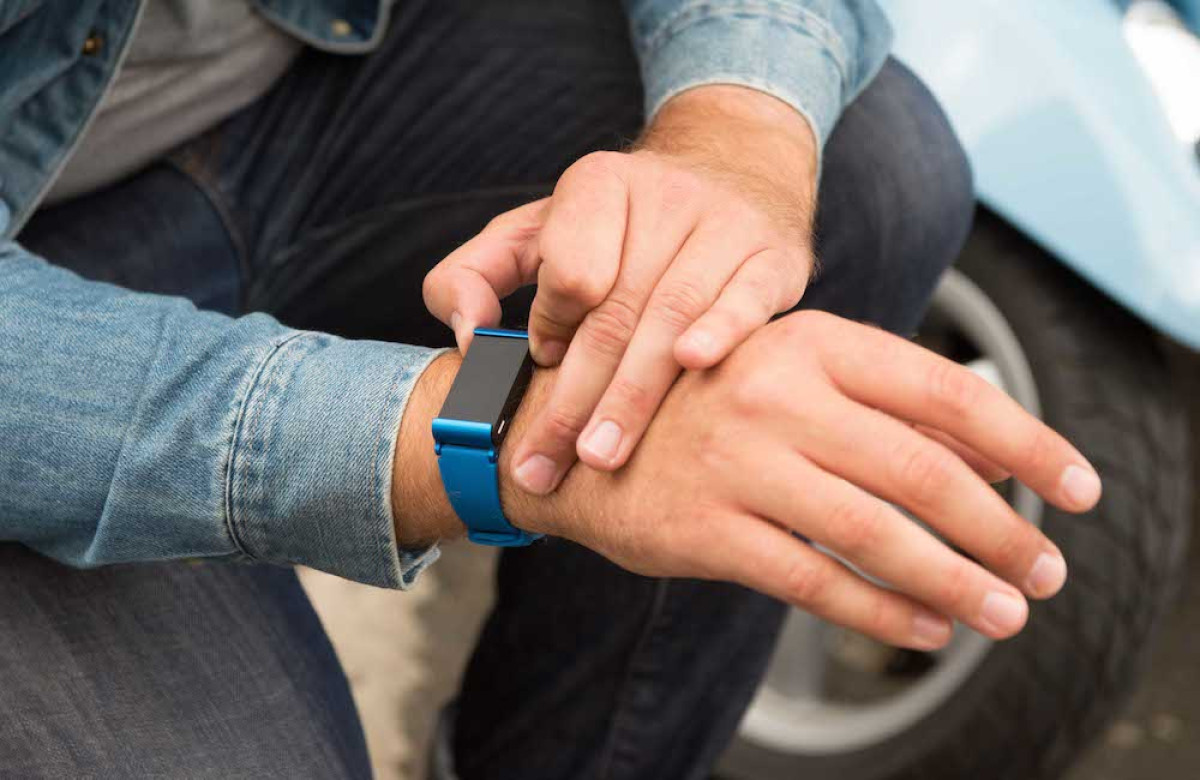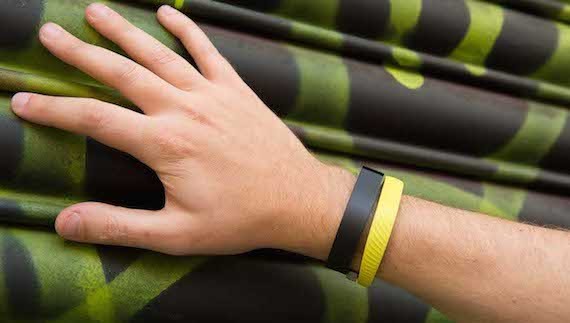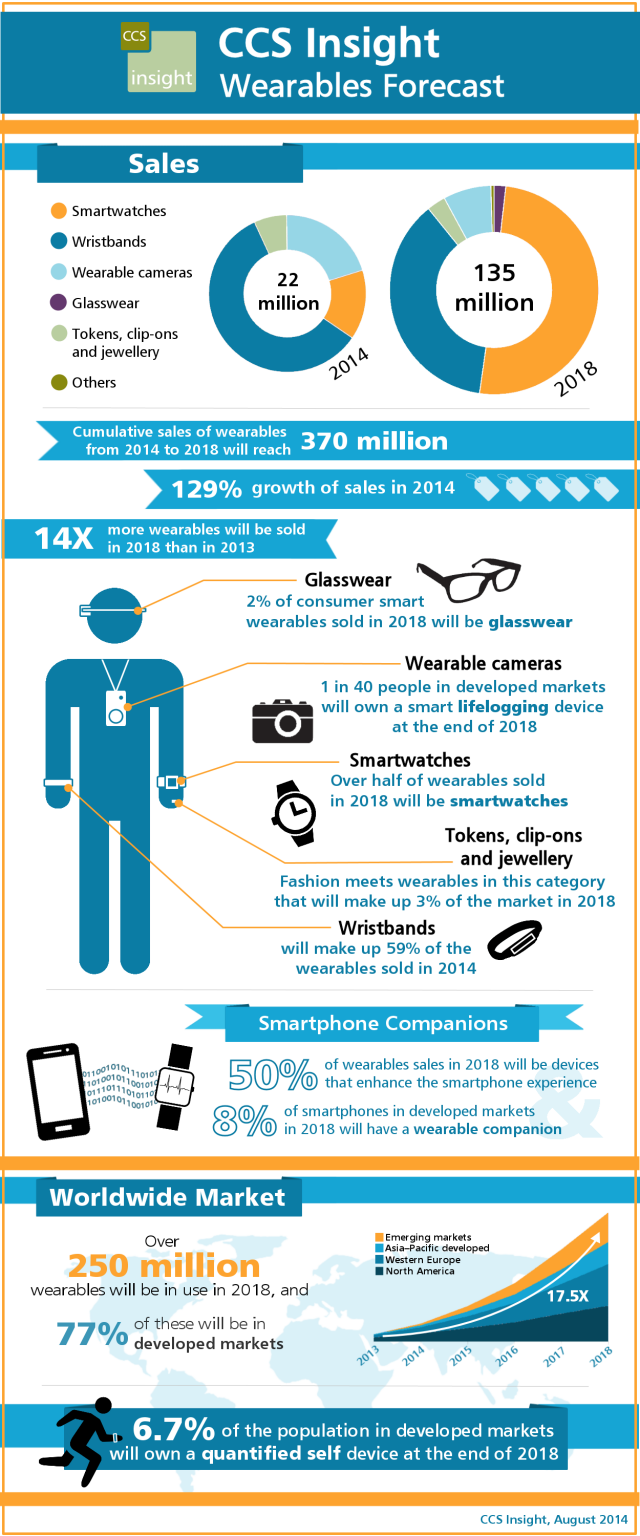
The wearable tech industry is currently in a “Stone Age”, according to a report just published by global analyst CCS Insight, but is set to explode from 9.7 million device shipments in 2013 to 135 million in 2018.
The report predicts that shipments of wearable tech devices will hit 22 million by the end of 2014: up nearly 130% year-on-year. The massive jump to 135 million in just a four year period will be the result of smartwatches broadening their appeal, capabilities being refined, new functions being added and prices dropping.
In fact, CCS Insight forecasts that of the predicted 135 million sales, 68 million will be smartwatch devices compared to 50 million fitness trackers.
This would be a huge swing from the genre that currently dominates the wearables market. According to analysts NPD Group, fitness trackers accounted for 72% of all “digital fitness device” sales in 2013.
Essential reading: Wearable tech Christmas gift guide
This dominance is expected to continue this year, according to CCS Insight, before smartwatches begin to prevail.
"Wearables are poised to be the perfect gift for the person who has everything this Christmas, “ explained Marina Koytcheva, CCS's director of forecasting.
“We believe this will fuel strong growth in the final quarter of 2014 for smartbands, particularly fitness trackers, which will account for more than half of the 35 million wearables in use at end of 2014.”
The report also predicts a rise in standalone, network-enabled, smartwatches packing SIM card slots – much like the purported Samsung Gear Solo that is tipped for an IFA unveiling next month.

A chaotic marketplace
Koytcheva’s “Stone Age” reference was not only an indication that the wearable tech market is still one in its infancy, but also a warning to investors that it’s an unpredictable and chaotic one as well.
“There’s still a huge amount of uncertainty,” she said. “Every category faces different risks: the way people use wearables is still changing, one type of device could kill sales in another category, people are unsure whether some wearables are socially acceptable, and intellectual property rights are a minefield for the dozens of start-ups entering the wearables market.
“The market could be changed beyond recognition if a major player like Apple decides to get into the game. History shows us that when Apple enters a market it can reshape the way people think about a product."
It will be fascinating to see how the wearable tech marketplace shapes up over the next few years. With brands like Fitbit and Jawbone bossing the traditional tech powerhouses at the moment, it will be intriguing to see if they can still lead the way when sales hit these humongous forecasts.

How we test
